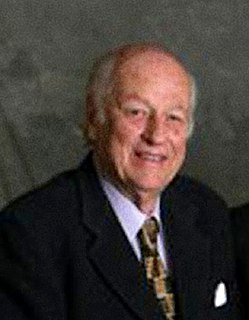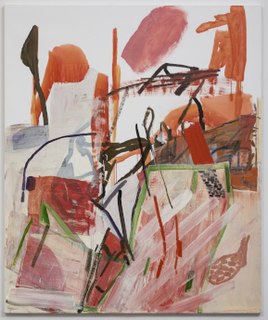A Quote by John O'Hurley
I never like to think of anything from an ending point.
Related Quotes
I still go to the conventions, and I like to hear the point of view of people today. I'm a little afraid they're being brainwashed by this new pop-culture. I think it's not really elevating our lives like it did in the good old days of Hollywood, where you had a happy ending. They used to criticize happy endings, but really, what's the point of going to a film if you have to come out hating your fellow man?
I think one is naturally impressed by anything having a beginning a middle and an ending when one is beginning writing and that it is a natural thing because when one is emerging from adolescence, which is really when one first begins writing one feels that one would not have been one emerging from adolescence if there had not been a beginning and a middle and an ending to anything.
The starting point and the ending point are nothing but two arbitrary choices. You make them as in soccer games, where they chose that it's 90 minutes, not less and not more. But the choices are the responsibility of the filmmaker. You have to choose to join the story at an arbitrary point, and you leave it at an arbitrary point.
I want to expand the question of when something is done. I want to vex the ending. I want to mess around with that. I like the idea that if you make a work that has no clear ending, then you must play with the ending. Because if you don't, you're not highlighting the weird, lovely openness of abstraction.



































